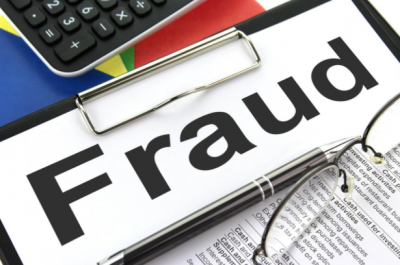
The Financial Conduct Authority and The Pensions Regulator have issued a statement, to warn the public to be vigilant when receiving cold-calls, regarding pension investments.
The warning comes after 253 victims contacted Action Fraud to report pension investment fraud. This resulted in more than £23 million lost to pension scammers in 2017 alone. The average loss equates to £91,000 per victim.
Needless to say, these are highly sophisticated scammers, who convince people into transferring their pensions into fraudulent schemes. Victims can lose their life savings and hard earned money, which could leave them facing a retirement future they had not planned for and with a very limited income for the rest of their lives. Imagine planning and mapping your retirement for years and years, working hard to achieve a level of income where you will be able to enjoy life or simply be comfortable and having it all stolen by fraudsters in an instant. A terrifying thought for most, and trying to get your money back can be a long hard process with a limited success rate.
This is why Action Fraud and the Financial Conduct Authority are calling the public’s attention to the tactics used to scam people out of their pensions. And one of the most commonly used tactics, is to offer a free pension review.
How Pension Review Scams Work:
Investors are often called out of the blue. Scammers will contact you via email, post or cold-call you. Free pension reviews are designed to persuade you to move money in your pension pot, into a high-risk scheme. Then, one of a few things may happen, depending on the type of scam. Some of these investments are outright scams and the fraudsters simply pocket your pension and run, whilst others may invest in unusual schemes, such as overseas property, forestry, storage units, care homes, biofuels or businesses you may not be familiar with. You may be promised guaranteed returns, or a cash sum to tempt you. And as they are promoted as long-term investments, it could be several years before you realise something is wrong.
Cold calling is currently, by far, the most common method used to initiate pension fraud. The issue is so serious, the government has announced new measures to protect people from pension scams. These actions, once in place, will include a ban on cold calling in relation to pensions, tightening of rules to stop scammers opening fraudulent pension schemes, and tougher action to prevent the transfer of money from occupational pension schemes into fraudulent ones. The ban on cold calling pensioners was due to come into force this summer but has been delayed until Autumn, according to the government.
Regulators recommend these simple steps to protect yourself.
Do not trust unexpected pension offers, whether online, on social media or over the phone.
Check who you are dealing with before changing your pension arrangements. Contact the FCA if you are unsure and before you enter any agreement
Do not be rushed into making a decision about your pension
Get impartial advice and information
If you think you have been a victim, report it immediately.

